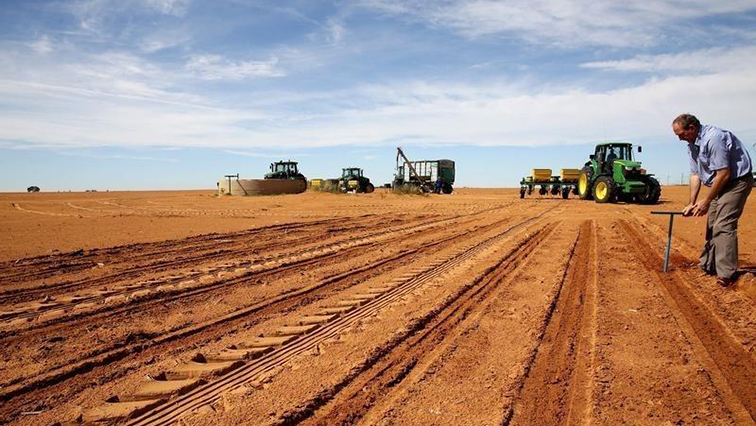Some commercial farmers in Limpopo say food security could suffer a negative impact a few months from now due to the nationwide COVID-19 lockdown. The president of the World Farmers Organisation Theo De Jager says the closing of markets has disrupted the supply of produce.
Whisky Kgabo specialises in the cultivation of fruit including avocadoes and mango on his farm which spans 800 hectares. Kgabo says the tight measures introduced to slow down COVID-19 infection rate has affected production on his farm. He says he was forced to dismiss about 100 of his 150 employees due to a lack of income. He now operates with only 48 workers.
Kgabo says he was in the process of applying for a loan from the government before the pandemic struck. “For this COVID-19, we have only one problem that we cannot work and people that are coming far from to work for us – they are stopped. That is the law and we are honouring it, but it is taking us back because we don’t have money, we work with pieces. This place is a buffer farm, I am facing that challenge that I cannot even clean the farm, I am busy doing what I can on my own.”
The pandemic has created fears over food security. The president of the World Farmers Organisation, Theo De Jager says there is currently enough food available for consumers from last year’s crop, but it could run out in months from now.
“Not now, in South Africa, we have enough food, if nothing more is produced we can still run for another five or six months our problem is after that what we have now has been planted in November and December and much of that has lost its market, there is not only one value chain between the farm gate and the consumer’s plate and everything that used to go to the restaurants, to the canteens at the workplace, to the street corners where vendors cook and sell it, those value chains have shut down now.”
Some farmers are already facing financial difficulty. De Jager says most emerging farmers are not able to secure loans.
“Now the farmers sit with the food on the farm, but they have already paid for the production of it, they have already bought the fertilisers, the seeds, the diesel and the owe the banks the money for that now they cannot just say to the banks we need to produce or else we will be in trouble in October, November this year the banks will not forward any more loans to them.”
Farmers say they are determined to work closely with the government to ensure that food supply will not be interrupted due to the COVID-19 nationwide lockdown. The Department of Agriculture also announced a one point two billion rand relief fund for emerging farmers countrywide. Applications for funds closed last week.
Relief measures not enough
Earlier this month, farming associations said that money set aside by the government for relief measures would not be enough. This after the Department of Agriculture and Rural Development had announced a R1.1-billion budget for emerging farmers and R100-million for distressed commercial farmers who have credit with the Land Bank.
De Jager says farmers need to pay for production, salaries for employees and other logistics during the lockdown, adding that much more money needs to be set aside to cover all costs.
Mpumalanga avocado farmers struggling
In February, two avocados could have set you back over R50. However, since the lockdown, the price has relatively come down due to oversupply.
Avocado farmers in Mbombela are feeling the impact, as they explain in the video below:
-Additional reporting by Rudzani Tshivase






